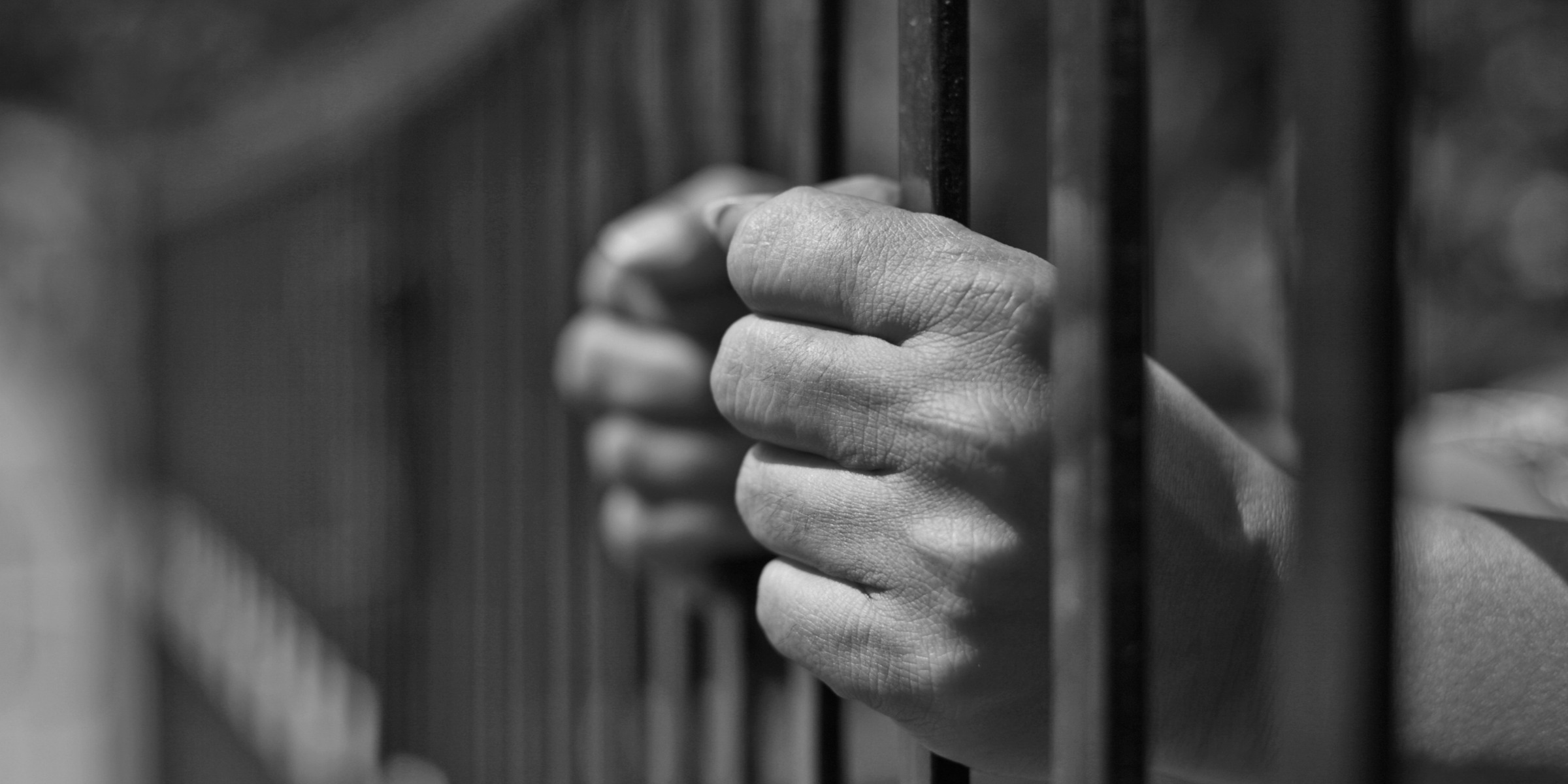Surety Bail Bond: This is executed by private surety bail and at no cost to the taxpayers. Licensed bail agents post bonds with the court, guaranteeing a defendant’s appearance in court. The defendant’s appearance at all court dates becomes the sole responsibility of the bail agent and is the most effective bail system. The bail agent is physically and financially responsible for the defendant at every step of the process.
Cash Bond: This is a governmental system where the defendant, or someone on his/her behalf, must pay the Court the full amount of the bail bond, in cash, to be released. The defendant and the co-signer, if any, must sign the bond that guarantees the defendant’s appearance at all future court appearances.
Own Recognizance Bond: This is a government funded type of release that releases defendants from jail based on their promise to appear at all court appearances. Commonly referred to as “ROR” or “OR” – Professional Bond: Is written by any person who pledges US currency, postal money orders, cashiers checks, or other personal property as security for bail bonds in judicial proceedings and who therefore receives or is promised money or other things of value.
Government Pre-Trial Release Bond: A government operated bail system that uses tax-payer dollars to fund its program. National studies show that government PTR is less efficient and effective at keeping track of defendants and has a higher failure to appear rate than private surety bail. This type of bond can also be more expensive than the one time bail bond amount. A defendant can be court ordered to pay for drug testing, GPS monitoring, walk-in visits and more, whereas a bail agent would provide these services.
Tags:
Bail Bonds Information
March 15, 2019
